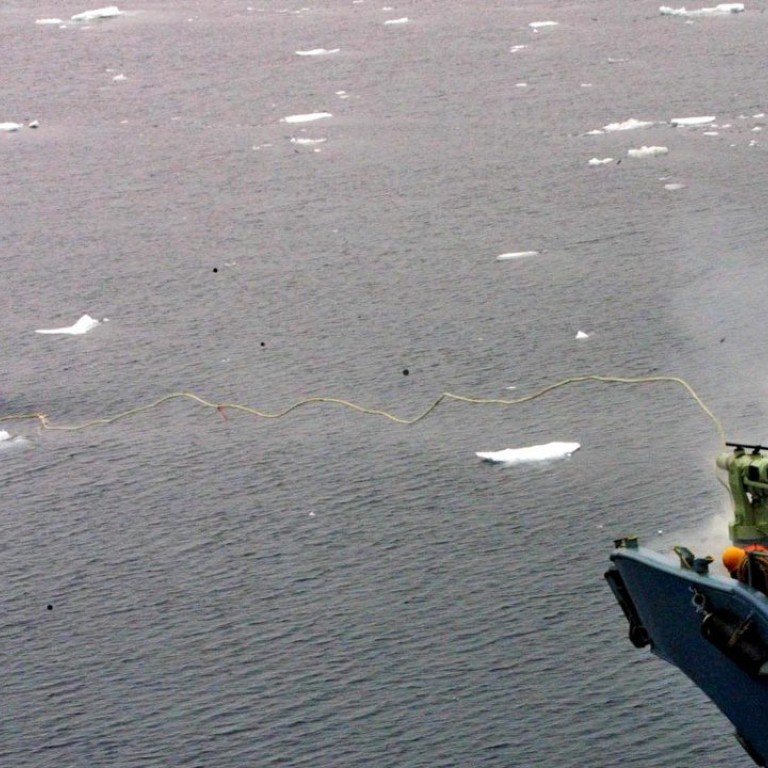
Court did not prohibit Japan from doing research whaling
Your editorial, “Japan’s dogged pursuit of whale hunting despite global outcry puts at risk its international standing” (December 6), is ill-informed.
Neither the future resumption of strictly controlled commercial whaling, or the present implementation of its new whale research programme in the Antarctic “go against the world community and a ruling of the International Court of Justice”.
The globally accepted paradigm for conservation and management of living resources is sustainable use. Japan’s research whaling and future resumption of commercial whaling are fully consistent with this. That some countries exempt whales from this paradigm and oppose whaling under any circumstances reflects a pandering to NGOs that raise millions of dollars annually with anti-whaling campaigns.
It should be noted that the March 31, 2014 judgment of the International Court of Justice in the case “Whaling in the Antarctic” (Australia versus Japan: New Zealand intervening) affirmed the original objectives of the 1946 International Convention for the Regulation of Whaling, including the orderly development of the whaling industry, remain. The voting record of the International Whaling Commission shows that there is understanding, acceptance and support for Japan’s position in many countries and that anti-whaling is not a “world community” view.
Your view that the “court ordered Japan to stop whaling after determining that the programme could not be considered scientific in nature” is misleading. The court found that the activities related to its Antarctic research programme, referred to as JARPA II, could broadly be characterised as “scientific research”. However, it was court’s view that the sample sizes meant the programme was not “for purposes of scientific research” as required by the 1946 convention.
It ordered Japan to end its JARPA II research programme, but at the same time, it anticipated future research programmes, stating, “It is to be expected that Japan will take account of the reasoning and conclusions contained in this judgment as it evaluates the possibility of granting any future permits.”
Clearly, the court did not prohibit Japan from conducting research whaling in the Antarctic; it only ordered Japan to stop its JARPA II programme. Japan did that. Its submission of a new research programme to the International Whaling Commission last month is fully consistent with the judgment. The programme now being implemented also takes into account the comments of the commission’s Scientific Committee’s review of the programme.
Dan Goodman, counsellor, Institute of Cetacean Research, Tokyo

